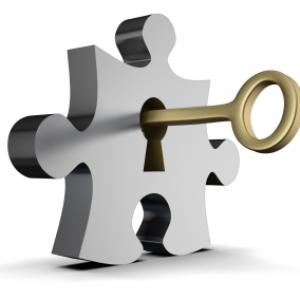High-stakes decisions are those significant, life-altering choices that carry a lot of weight, such as changing careers, relocating, or starting a family. These decisions can feel overwhelming due to the pressure of choosing the “right” path and the long-term consequences that come with it. The fear of making a mistake or missing out on better opportunities can lead to stress, anxiety, and indecision. High-stakes decisions often require careful consideration, but the pressure to choose can sometimes paralyze people into inaction. This is why high-stakes decisions are made with the Deliberate decision-making system of the brain. This system includes the brain’s frontal areas that can provide analysis, future planning, weighing of options, and other cognitive tasks associated with complex thought and decision-making.
Although they are not frequent in everyday life, when they do occur, high-stakes decision-making might look like a person stepping back and deliberating over consequential decisions. It may be over a job offer that could mean moving to a new city or deciding whether it’s the right time to buy a house. Long-term planning can also be impacted by high-stakes decisions, such as determining when or if to have children, or whether to make a big financial investment. The pressure to get it right can cloud judgment, leading individuals to overanalyze or procrastinate, ultimately delaying important decisions and missing out o n potential opportunities.
Deliberate Decision Making (DDM) tools offer a structured approach to tackling high-stakes decisions by engaging the brain areas responsible for evaluating complex options and managing stress. These tools guide users through a step-by-step process, following the natural process of the Deliberate system. DDM tools help each area perform optimally by breaking down overwhelming situations into manageable parts. By encouraging clarity and focus, DDM tools can reduce the emotional burden and help users develop meaningful change that is aligned with their values, leading to predictable and sustainable need fulfillment. This approach supports individuals to make thoughtful, confident decisions, even in the face of life’s biggest decisions.
Interested to know more about life direction decisions?
Consider the following resources found on this website:
Optimal Decision-Making Worksheet
Decision-making is complex. Learn more about the challenges to making better decisions. Click here!
